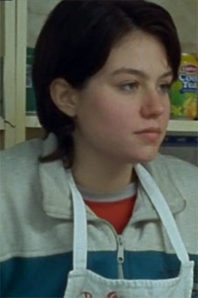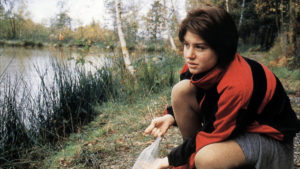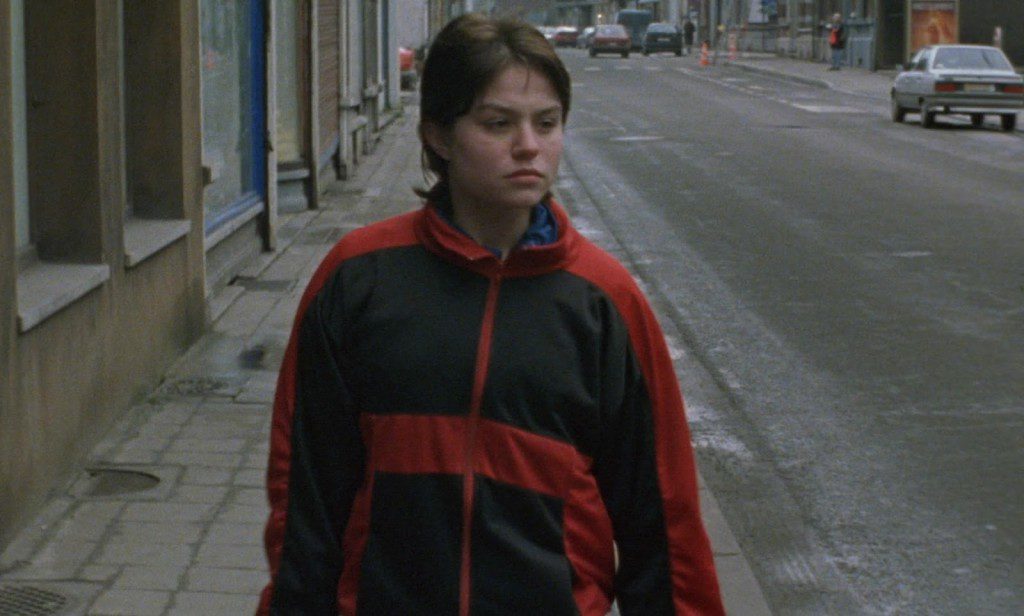
It’s nice for TIFF to show its audiences earlier works from auteurs who are still going strong today. One of those auteurs are the Dardenne brothers. Their movie, Rosetta, has the nucleus of the ideas that they’ll polish in their later movies. And this film is raw, depicting the titular character (Emilie Dequenne). She fights ferociously to get a job or stay employed to the point of sabotaging her morals.
The film begins with her losing her job, Rosetta reacting to the news by assaulting her former employer. She has an equally testy relationship with her mother (Anne Yernaux). During their scenes together the Dardennes pull back from their usual claustrophobic and shaky close-up shots. But there’s still an intimacy to scenes dealing with characters who occasionally physically confront each other.
Rosetta’s reactions to each situation is what makes this an interesting character study. Throughout the film we see her gain and lose jobs. Most people would just leave but she stands her ground. The way she does so subverts our preconceptions of how female characters behave. And refusing defeat makes her story different from other working class ‘melodramas.’
Rosetta wants a normal life which is harder for her to obtain than most people would previously assume. In a way, the Dardennes have clued into a demographic that doesn’t get a lot of sympathy these days. That demographic is the working class European, and it doesn’t mater whether they need francs or euros. It might even be harder then as it shows us employers reluctantly rejecting her face to face.
The Dardennes also take an economic approach to their film-making – it’s true now as it is then. They waste no time with character introductions. Instead, they use sound as much as they do visuals. Both senses indicate the people coming in and out of Rosetta’s life. Scenes that depict her in their tight close-ups feel fluid as a result. They make it equally obvious who she is looking at or hearing from.
Rosetta won the best film and best actress awards at Cannes. And it’s evident, seeing it all these years that it earned both prizes. That’s especially true for Dequenne, who interprets the protagonist who, despite outside appearances, is constantly learning from her volatile environment. She evinces fear even in moments when she shouldn’t. But she might be right in not trusting a world that has given her so little.


